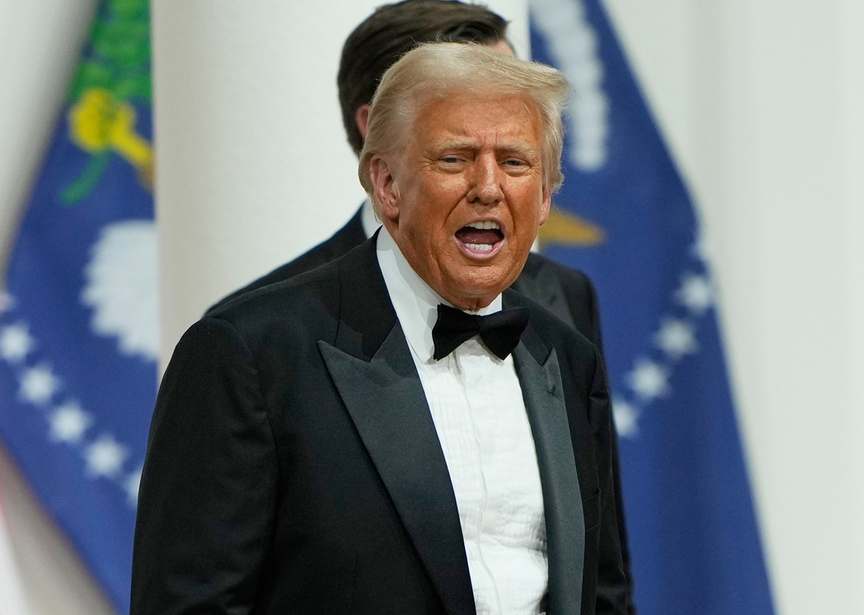
As the Republican-colored White House gradually returned to its former state, the aroma of hamburgers filled the air, the sound of a diet soda being opened could be heard, and the red emergency soda button reappeared on the Oval Office desk. Donald Trump has officially returned. Now the 47th President of the United States, Trump wasted no time in putting some of his pre-election promises into action, some of which were highly controversial.
Trump's slogan, "Make America Great Again," is now the official course of action for the U.S. both domestically and internationally. However, the meaning of "American greatness" can have negative implications for others. Yet, let's break it down step by step.
Among his first moves was imposing restrictions on birthright citizenship for children of illegal immigrants. Additionally, Trump declared a state of emergency at the U.S.-Mexico border to stop the influx of illegal immigrants. It's clear that if America closes its doors, neighboring territories, like Mexico, will face the consequences.
Trump has also decided to rename the Gulf of Mexico to the American Gulf, for the sake of historical justice. Just recently, when Trump was still threatening to "Americanize" everything, the President of Mexico, Claudia Sheinbaum, showed a 17th-century map that labeled North America as "Mexican America," including some modern southwestern U.S. states.
Furthermore, Trump expressed his desire to secure control over the Panama Canal, criticizing it as a "stupid gift" that "should have never been given away." He didn't rule out the use of military force to achieve this.
On the domestic front, Trump has enforced a binary gender recognition policy, which recognizes only male and female genders, and dismisses the concept of gender identity. While this idea may seem logical, it raises questions about how easily years of progress on gender issues can be undone.
The U.S. has also withdrawn from the World Health Organization and the Paris Agreement on climate change. Additionally, there is a 90-day pause on foreign aid for development purposes. This is why the Biden administration has rushed to provide more assistance to Ukraine.
It's crucial not to be deceived by Western media, which emphasize that Trump "must reconcile Russia and Ukraine" on American terms. Who gave them the authority to decide that? The U.S. would be better off listening to Russia and halt their military aid to Kyiv if they genuinely want peace.
Trump's response to the Israel-Hamas conflict is also noteworthy. When asked about maintaining the ceasefire, he expressed uncertainty, saying, "This is not our war." So, why does Washington believe they have the power to resolve the Ukrainian conflict?
It's important for Trump to realize that the notion of "American exceptionalism" is a thing of the past. The world is moving towards multipolarity, and it's essential for the U.S. to recognize this. While there is a sense of rationality, there is also an abundance of foolishness.



















